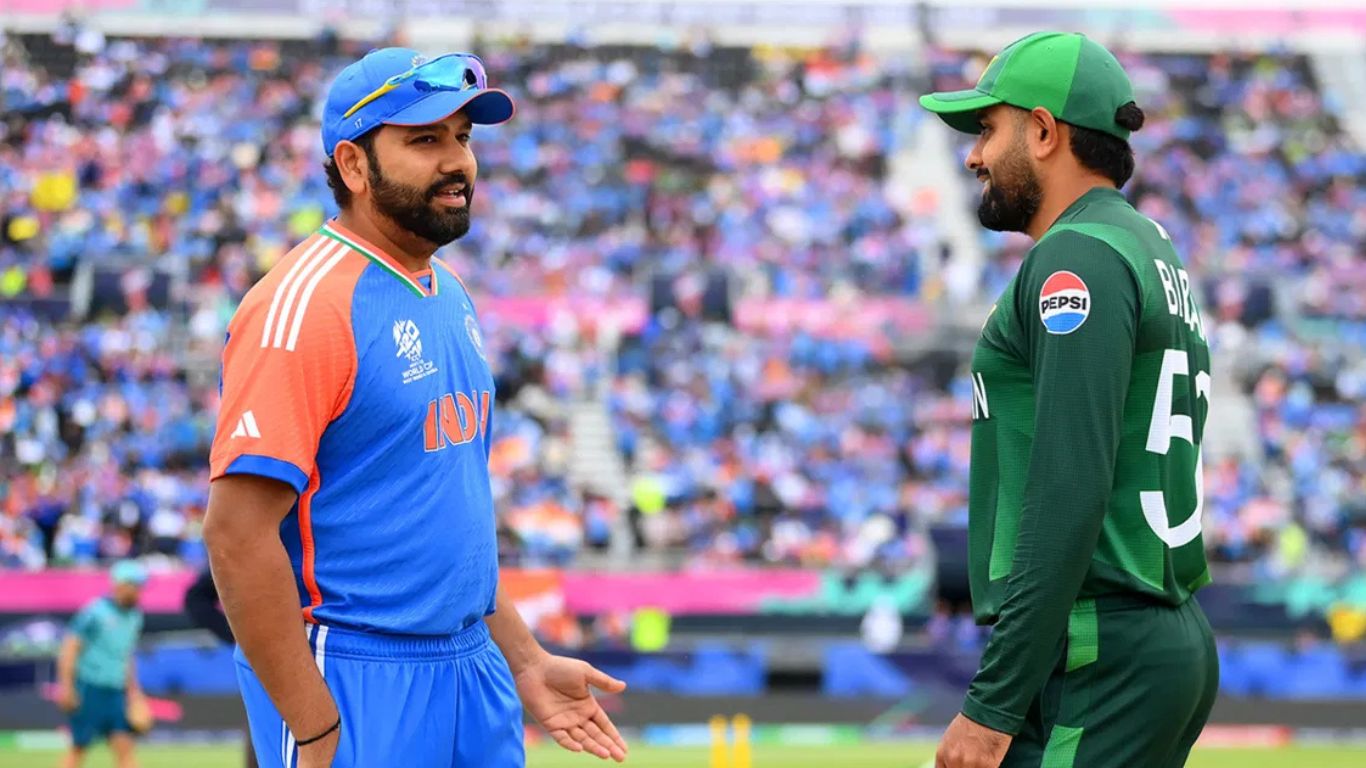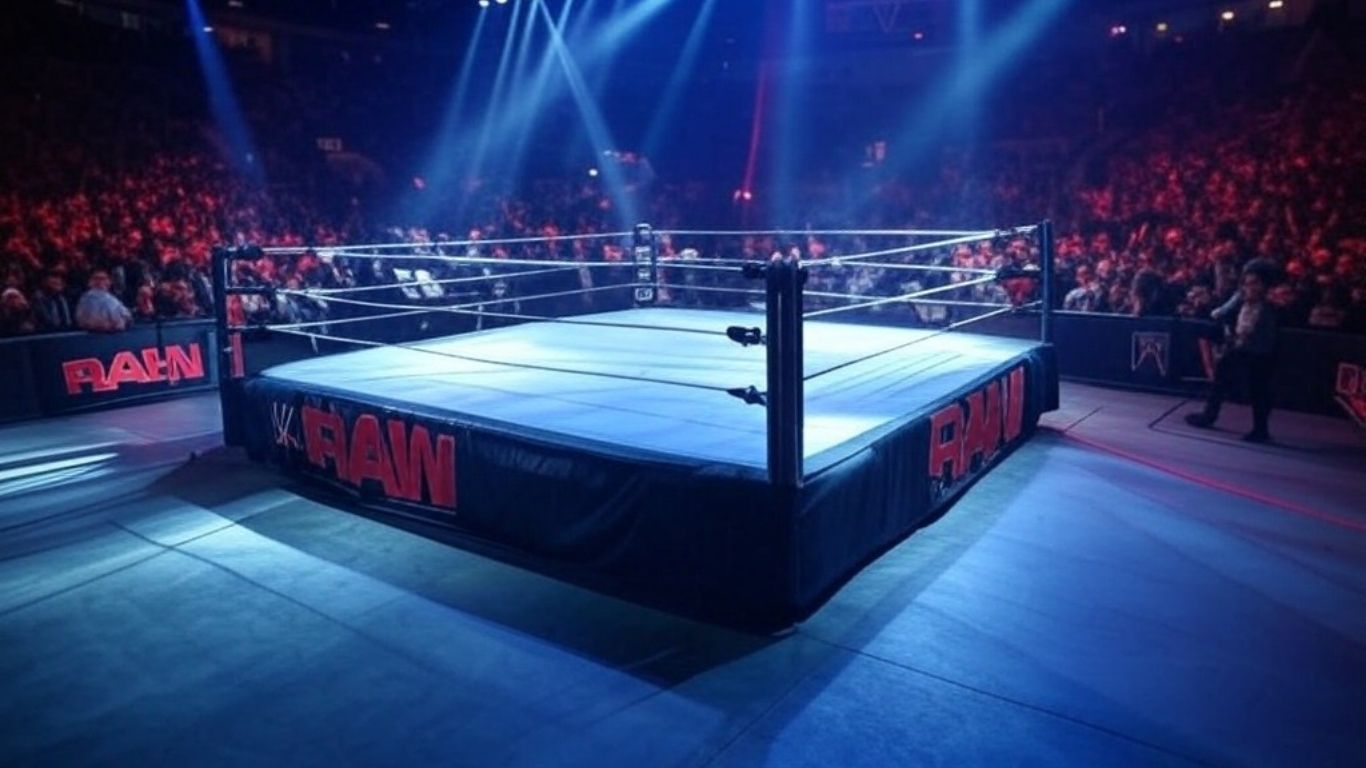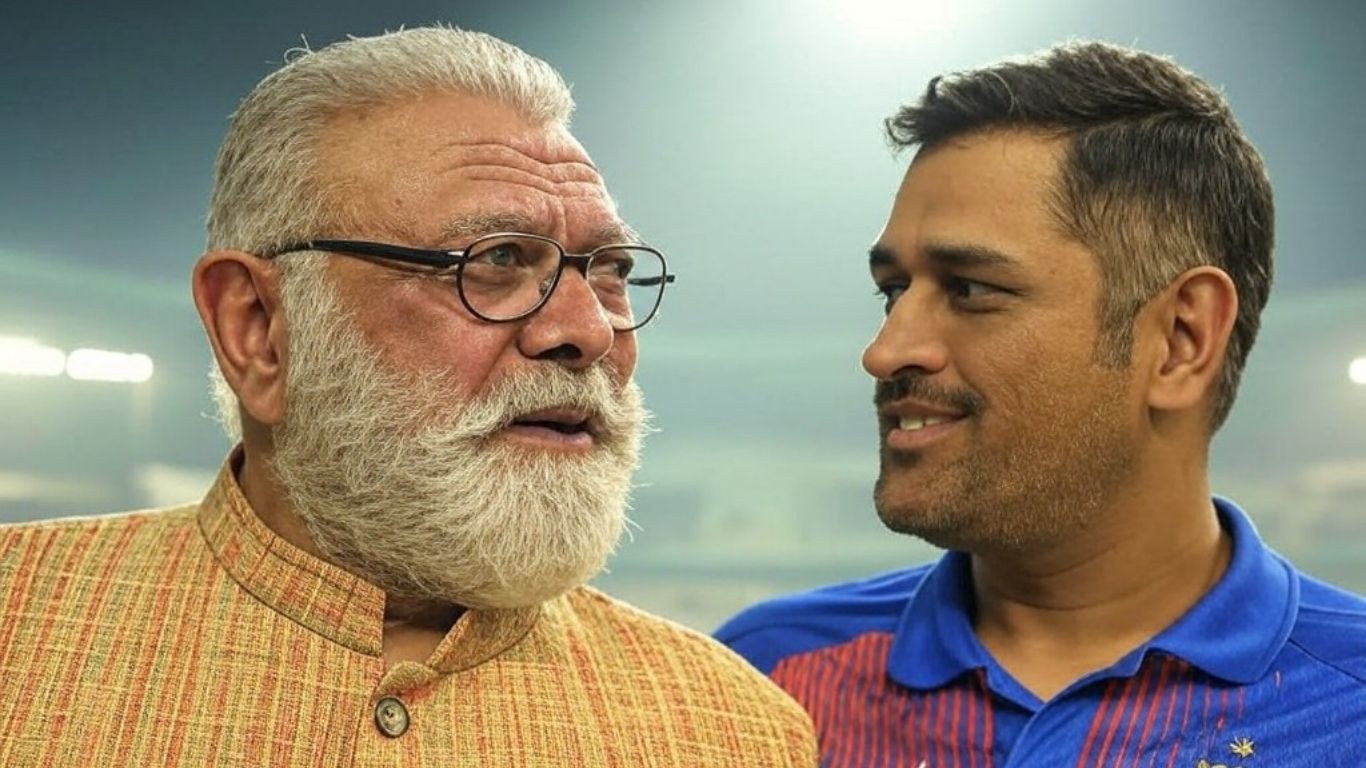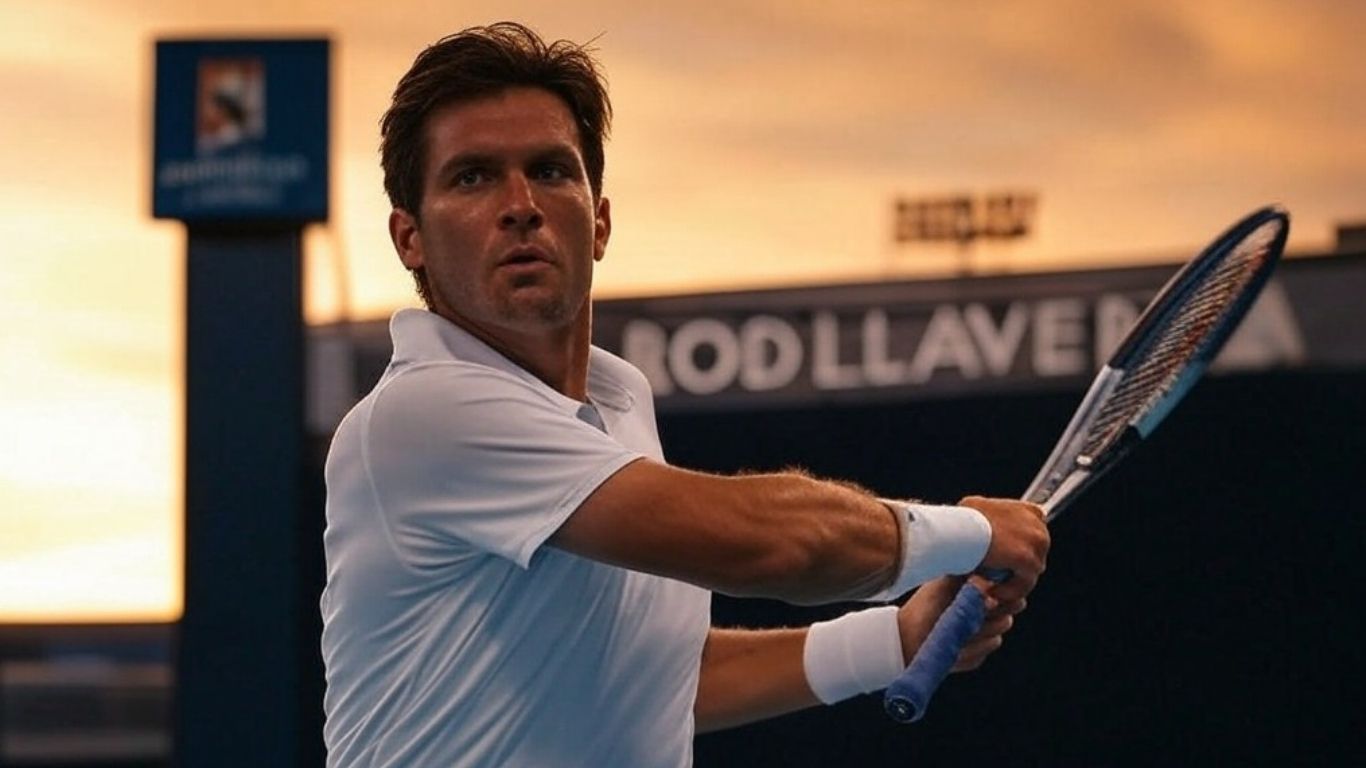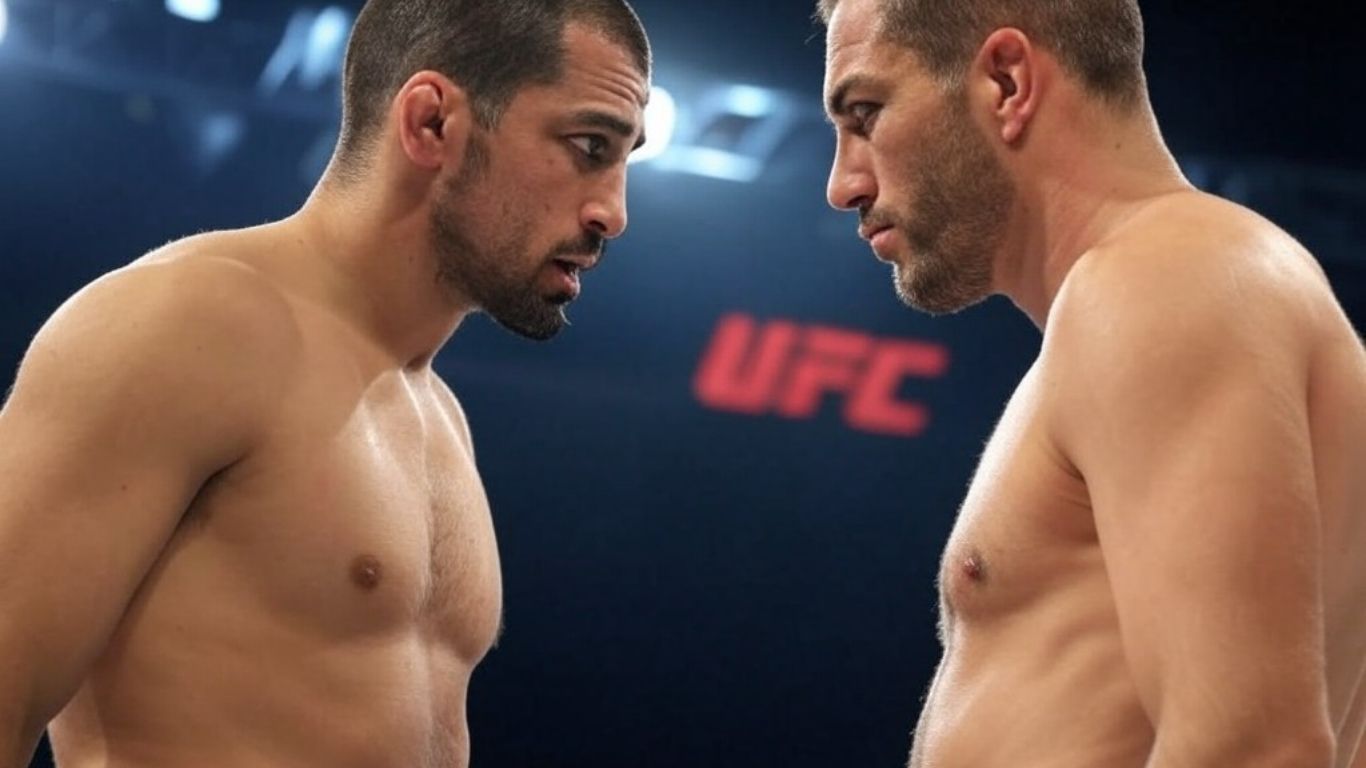After months of deliberation and disagreements, the ICC Champions Trophy 2025 will be held under a hybrid hosting model, with matches split between Pakistan and Dubai, UAE. This decision, confirmed by the International Cricket Council (ICC) on December 13, comes after an agreement between the Pakistan Cricket Board (PCB) and the Board of Control for Cricket in India (BCCI). The hybrid model addresses India’s refusal to play in Pakistan due to security concerns and ongoing geopolitical tensions.
The Champions Trophy 2025 Overview
The ICC Champions Trophy, one of cricket’s premier tournaments, is set to take place in February-March 2025. Initially awarded to Pakistan as the sole host nation, the tournament will now follow a hybrid model. While most matches will take place in Pakistan, India’s games will be held in Dubai, UAE.
This format ensures India’s participation without breaching their government’s directives regarding travel to Pakistan.
Why a Hybrid Model? The Background
The dispute over hosting the Champions Trophy 2025 began when the BCCI cited security concerns and refused to send the Indian cricket team to Pakistan. Given the geopolitical history and strained relations between the two nations, India’s government has restricted bilateral cricket ties, particularly in Pakistan.
While the PCB initially resisted the hybrid model, they were compelled to agree to ensure the tournament’s smooth execution.
Key Details of the Hybrid Hosting Model
- Tournament Dates: February-March 2025
- Hosts: Pakistan and Dubai (UAE)
- India’s Matches: All matches involving the Indian cricket team will be played in Dubai.
- Remaining Matches: Other teams’ games and knockout stages (except India’s matches) will take place in Pakistan.
BCCI’s Stance: Security Concerns and Political Factors
The BCCI has consistently maintained that the Indian team cannot travel to Pakistan due to:
- Security Concerns: The Indian government has expressed reservations regarding player safety in Pakistan.
- Geopolitical Tensions: The strained relations between the two countries have impacted sports and diplomatic exchanges.
BCCI Secretary Jay Shah, who also serves as ICC Chairman, played a key role in fast-tracking the hybrid model to break the impasse.
PCB’s Initial Resistance
The Pakistan Cricket Board (PCB) initially refused to accept any model that diluted their exclusive hosting rights. For the PCB, hosting the Champions Trophy entirely in Pakistan was a matter of national pride and an opportunity to showcase their ability to organize an international tournament.
However, prolonged discussions and the ICC’s intervention led the PCB to agree to the hybrid model.
ICC’s Approval and the Role of Jay Shah
The agreement between the BCCI and PCB was finalized with the ICC’s approval. The decision gained momentum after Jay Shah assumed the role of ICC Chairman, speeding up negotiations. The ICC prioritized reaching a compromise to ensure the tournament proceeds as planned.
Impact on Pakistan’s Hosting Rights
While the PCB lost exclusive hosting rights for the Champions Trophy, Pakistan remains a significant co-host. To compensate for this compromise, the ICC has assured the PCB of hosting an ICC Women’s Event after the current FTP cycle ends in 2027.
Significance of Dubai as a Neutral Venue
Dubai was chosen as the neutral venue for India’s matches due to its:
- Proximity to Pakistan: Logistically convenient for players and fans.
- Modern Infrastructure: The UAE has previously hosted successful tournaments like the IPL and Asia Cup.
- Neutral Ground: Reduces geopolitical tensions while ensuring participation.
The UAE’s established reputation as a reliable host makes it the ideal alternative.
No Additional Compensation for PCB
Despite conceding to the hybrid model, the PCB will not receive any additional financial compensation for losing out on exclusive hosting rights. This development highlights the challenges faced by cricketing boards in balancing political constraints with sporting commitments.
Future ICC Events in Pakistan
As part of the compromise, the PCB has been promised an ICC Women’s Event post-2027. This arrangement aims to reassure Pakistan of its status as a credible host for future international tournaments.
Cricket Fans’ Reaction to the Decision
The hybrid model has sparked mixed reactions among cricket fans:
- Indian Fans: Welcomed the decision as a practical solution ensuring India’s participation.
- Pakistani Fans: Expressed disappointment over the loss of exclusive hosting rights but remained optimistic about the opportunity to host marquee games.
- Neutral Fans: Appreciated the ICC’s effort to resolve the conflict and ensure a seamless tournament.
Impact on Bilateral India-Pakistan Relations
While the hybrid model resolves the immediate issue, it underscores the ongoing challenges in India-Pakistan cricketing relations. Bilateral cricket remains stalled, with tournaments like the Champions Trophy being the only opportunity for these arch-rivals to face off on the international stage.
Tournament Schedule and Participating Teams
The Champions Trophy 2025 will feature the top 8 teams in international cricket. The hybrid model ensures that the tournament will proceed without disruption. Details regarding the full schedule and fixtures are expected to be released by the ICC closer to the event.
The ICC’s decision to finalize a hybrid model for the Champions Trophy 2025 marks a significant compromise between the BCCI and PCB. While India’s matches will take place in Dubai, Pakistan retains its role as a co-host for the prestigious event. Although the PCB made concessions, the decision ensures the tournament will proceed without major disruptions.
The hybrid model highlights the complexities of organizing international tournaments amidst geopolitical tensions but also serves as a testament to cricket’s global appeal and unifying power.











